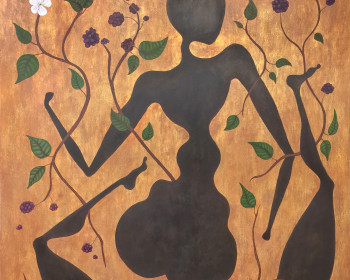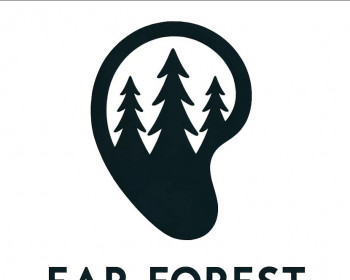Flow: Art and Ecology in a Changing Climate Exhibit and Symposium
Flow: Art and Ecology in a Changing Climate is a two-day symposium at the University of Puget Sound on November 3-4, 2023. The symposium includes an affiliated Kittredge Gallery exhibition, In the Flow: Art, Ecology, and Pedagogy.
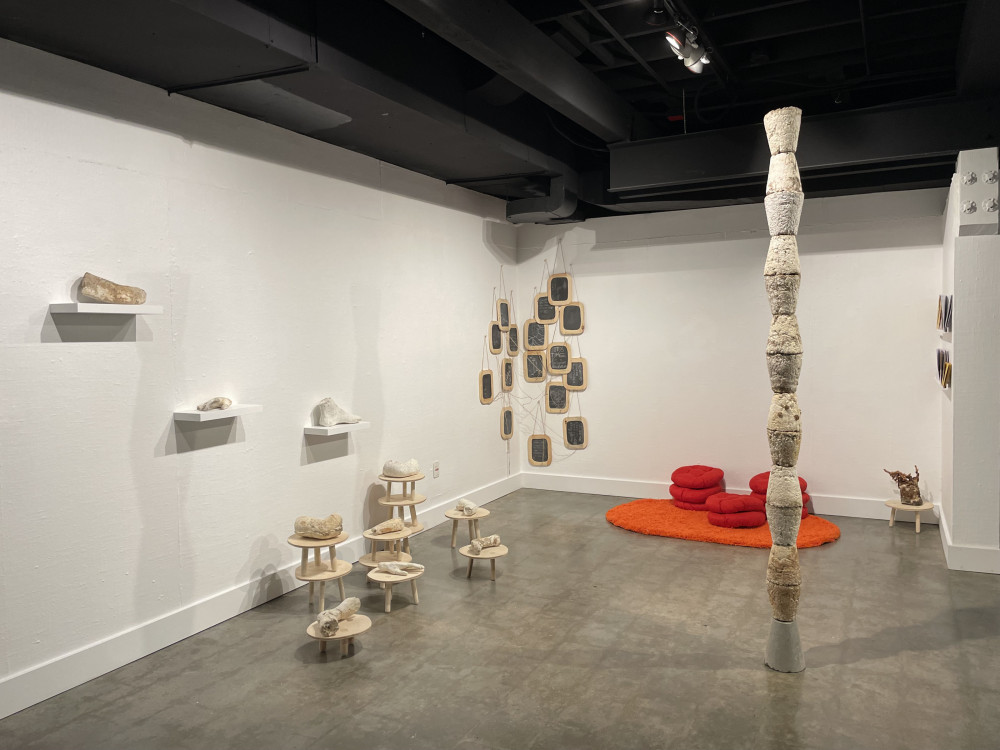
The exhibit features the work of nine artists and collaborative teams working in the Salish Sea Watershed and Columbia River Basin. The artworks explore how land and place can help us connect and build new kinds of relationships in the face of accelerated climate change.
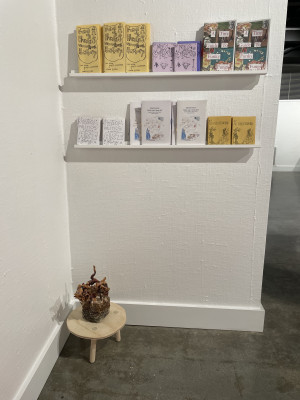
Flow explores ways to integrate, embody, and enact intersections between art and ecology through direct engagement with matter and materials such as dyes, pigments, and mycelium, multi-sensory guided walks, reflection on positionality and place, and critical examination of language and classification’s role in creating a sense of place and displacement. Guiding themes and questions include:
- What is the role of the artist as healer and maker in navigating this current moment?
- How can approaches to reparative work and re-imagining be taught through creative practices?
- How can place/land based knowledge teach us how to connect and build relationships?
- How do we practice remediation and utilize loss?
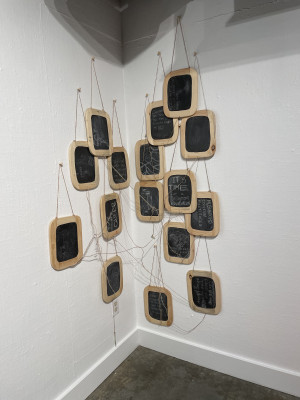
Flow: Art and Ecology in a Changing Climate co-organizers:
Melonie Ancheta, Director Pigments Revealed International, researcher, artist, educator
Natalie Baloy, Assistant Professor of Cultural Anthropology, Western Washington University
Cynthia Camlin, Professor, Art and Art History, Western Washington, University
Heidi Gustafson, artist and ochre specialist
Beverly Naidus, Emerita Professor of Interdisciplinary Studio Arts, University of Washington, Tacoma
Daniela Naomi Molnar, independent artist and poet
Matt Reynolds, Associate Professor of Art History, Whitman College
Elise Richman, Professor Art and Art History, University of Puget Sound
Cara Tomlinson, Professor Art, Lewis & Clark College
Additional Participants:
Rachel DeMotts, Professor, Environmental Policy and Decision Making, University of Puget Sound
Dann Disciglio, Visiting Professor of Digital Media, Lewis & Clark College
Amanda Leigh Evans, Visiting Assistant Professor, Art, Whitman College
Cleo Wölfle Hazard, Assistant Professor School of Marine and Environmental Affairs, University of Washington
Yixuan Pan, Assistant Professor of Interdisciplinary Studio Arts, University of Washington, Tacoma
Sasha Petrenko, Assistant Professor of Sculpture and Expanded Media, Western Washington University
Renee Simms, Associate Professor & Leadership Team Member, African American Studies, and the Race and Pedagogy Institute, University of Puget Sound
Robert Yerachmiel Sniderman, Assistant Professor in Socially Engaged Art, Fairhaven College of Interdisciplinary Studies, Western Washington University + Visiting Professor, Institut für Kunst im Kontext, Universität der Künste Berlin (2023-24)
Banu Subramanium, Professor & Chair, Women’s and Gender Studies, Wellesley College
Arianne True, Washington State Poet Laureate (Choctaw, Chickasaw)
Lewis & Clark Art and Ecology course students: Sophie Abbassian, Miriam Baena, Summer Dae Binder, Owen Clark, Allison Clarke, Mallory Dubois, Margo Gaillard, Liv Ladaire, Gillian Largay, Paloma Richeson, Gabriel Rosenfield, Stella Scheffer, Anthi Sklavenitis, Ezequiel Walker, Lila Ward, and Aiden Wilkson
Western Washington Art and Ecology Students
More Art Stories
Art is located in Fields Center on the Undergraduate Campus.
MSC: 92
email art@lclark.edu
voice 503-768-7390
fax 503-768-7401
Chair Joel W. Fisher
Art
Lewis & Clark
615 S. Palatine Hill Road MSC 92
Portland OR 97219
